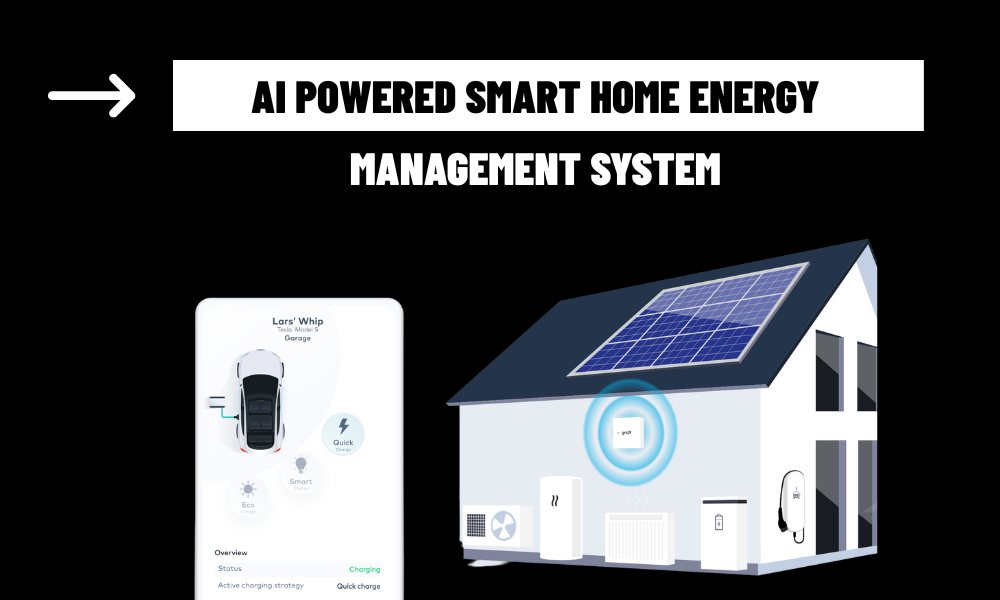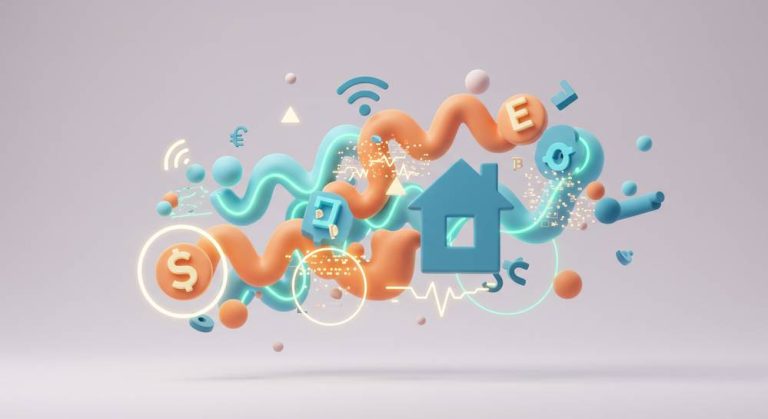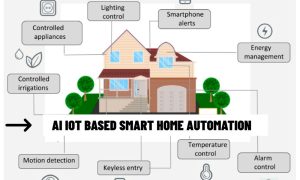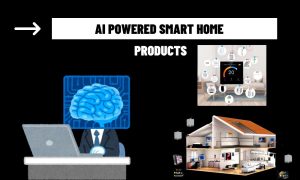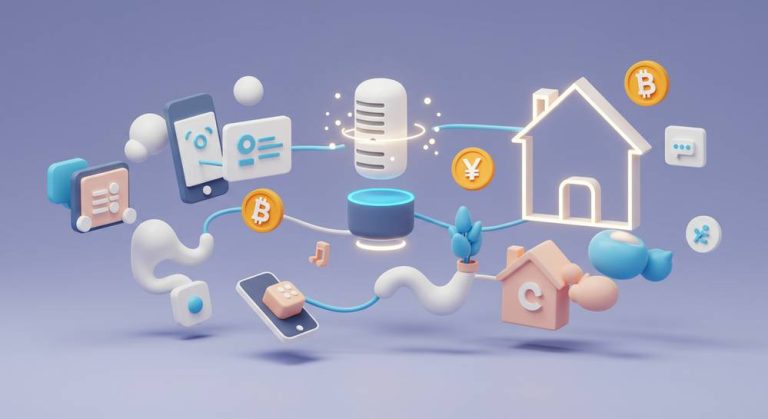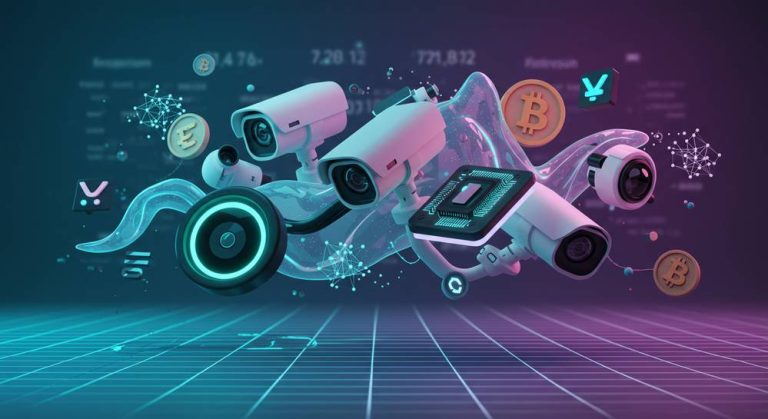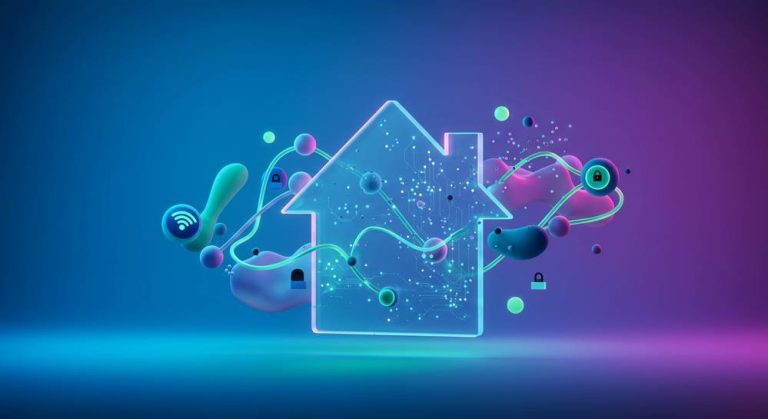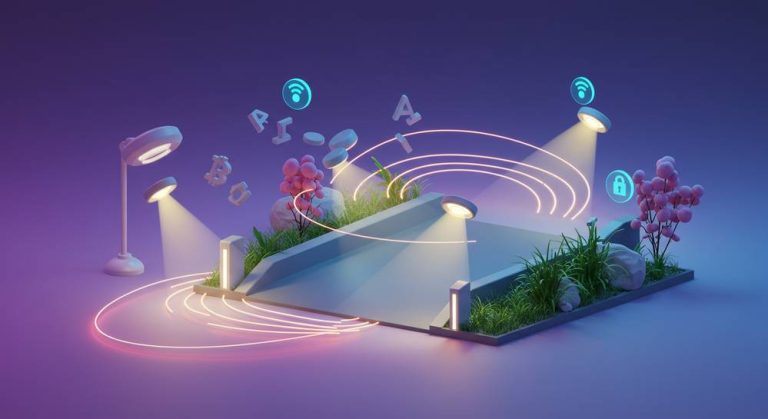The Rise of Intelligent Energy Management
In 2025, the AI powered smart home energy management system has become a game-changer for households seeking efficiency and sustainability. By combining artificial intelligence with connected devices, these systems optimize energy consumption, lower costs, and support eco-conscious living. Unlike traditional setups, AI-driven solutions adapt to user needs in real-time, creating homes that are both comfortable and environmentally responsible.
The Intelligence Behind AI Energy Systems
The power of an AI powered smart home energy management system lies in its ability to process and act on complex data. AI collects information from IoT-enabled devices, such as smart meters, thermostats, and appliances, to build a detailed picture of energy usage. It then uses machine learning to predict and adjust consumption patterns, ensuring resources are used efficiently. For instance, it might reduce heating when a home is empty or prioritize low-cost energy periods for appliance operation.
This adaptability sets AI apart. By factoring in external variables like weather changes or grid demand, an AI powered smart home energy management system makes proactive decisions. It can lower energy use during peak pricing or maximize solar panel output on sunny days, delivering savings without compromising comfort. This dynamic approach transforms homes into intelligent ecosystems that evolve with their occupants.
Promoting Sustainability and User Empowerment
Sustainability is at the core of an AI powered smart home energy management system. These systems minimize energy waste by optimizing device performance, such as dimming lights based on natural light levels or cycling appliances efficiently. Integration with renewable energy sources, like wind or solar, ensures clean power is prioritized, reducing reliance on non-renewable grids. This alignment with green principles helps households achieve lower carbon emissions.
User empowerment is equally significant. An AI powered smart home energy management system offers real-time insights through intuitive apps, allowing homeowners to track consumption and identify inefficiencies. AI-driven recommendations, such as upgrading to energy-efficient devices, further enhance control. This transparency fosters a culture of sustainability, encouraging mindful energy use.
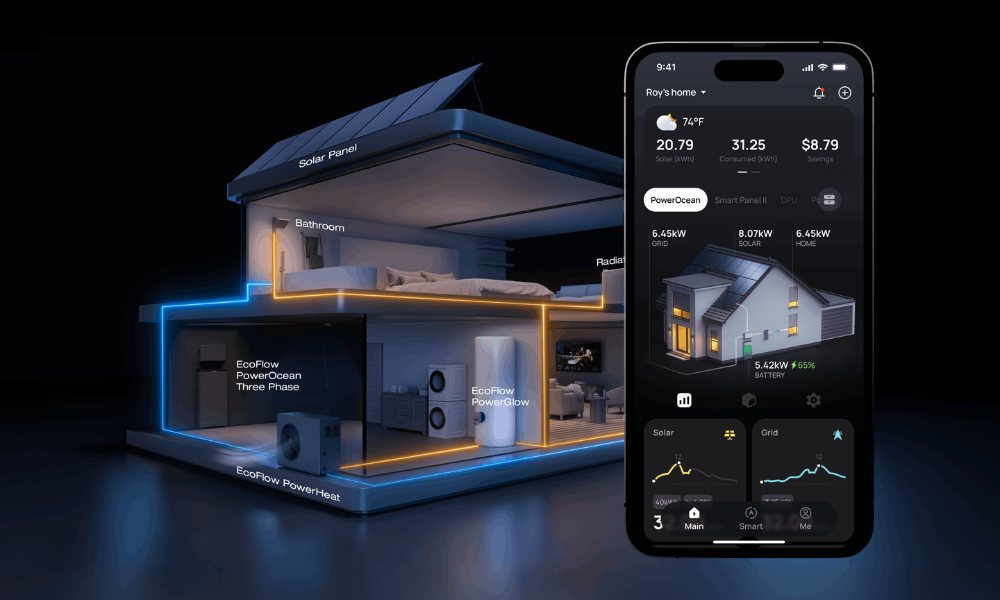
Transforming Homes and Communities
The impact of an AI powered smart home energy management system extends beyond individual homes. By reducing peak demand, these systems contribute to grid stability, benefiting entire communities. Households can participate in demand-response programs, earning incentives for lowering usage during high-demand periods. This collective effort supports a more resilient and sustainable energy infrastructure.
Daily life becomes more seamless with AI at the helm. Energy-intensive tasks are automated and optimized, freeing homeowners from manual oversight. Whether it’s adjusting climate control or scheduling laundry, an AI powered smart home energy management system ensures efficiency without sacrificing convenience, making sustainable living effortless.
The Future of AI-Driven Energy Solutions
The future of AI powered smart home energy management systems is bright, with innovations poised to deepen their impact. Enhanced AI algorithms will offer hyper-personalized energy plans, while interoperability will streamline device integration. Privacy-focused technologies will ensure data security, building trust. As net-zero goals gain traction, these systems will lead the charge in creating energy-independent homes.
Adopting an AI powered smart home energy management system starts with a central hub to unify devices. Begin with smart thermostats or energy monitors, then scale to include connected appliances. Prioritize network security with robust encryption to protect your system’s integrity.
An AI powered smart home energy management system is redefining how homes consume energy, blending intelligence with sustainability. By optimizing usage and integrating renewables, these systems deliver cost savings and environmental benefits. In 2025, embracing this technology is the key to creating a smarter, more sustainable home.
